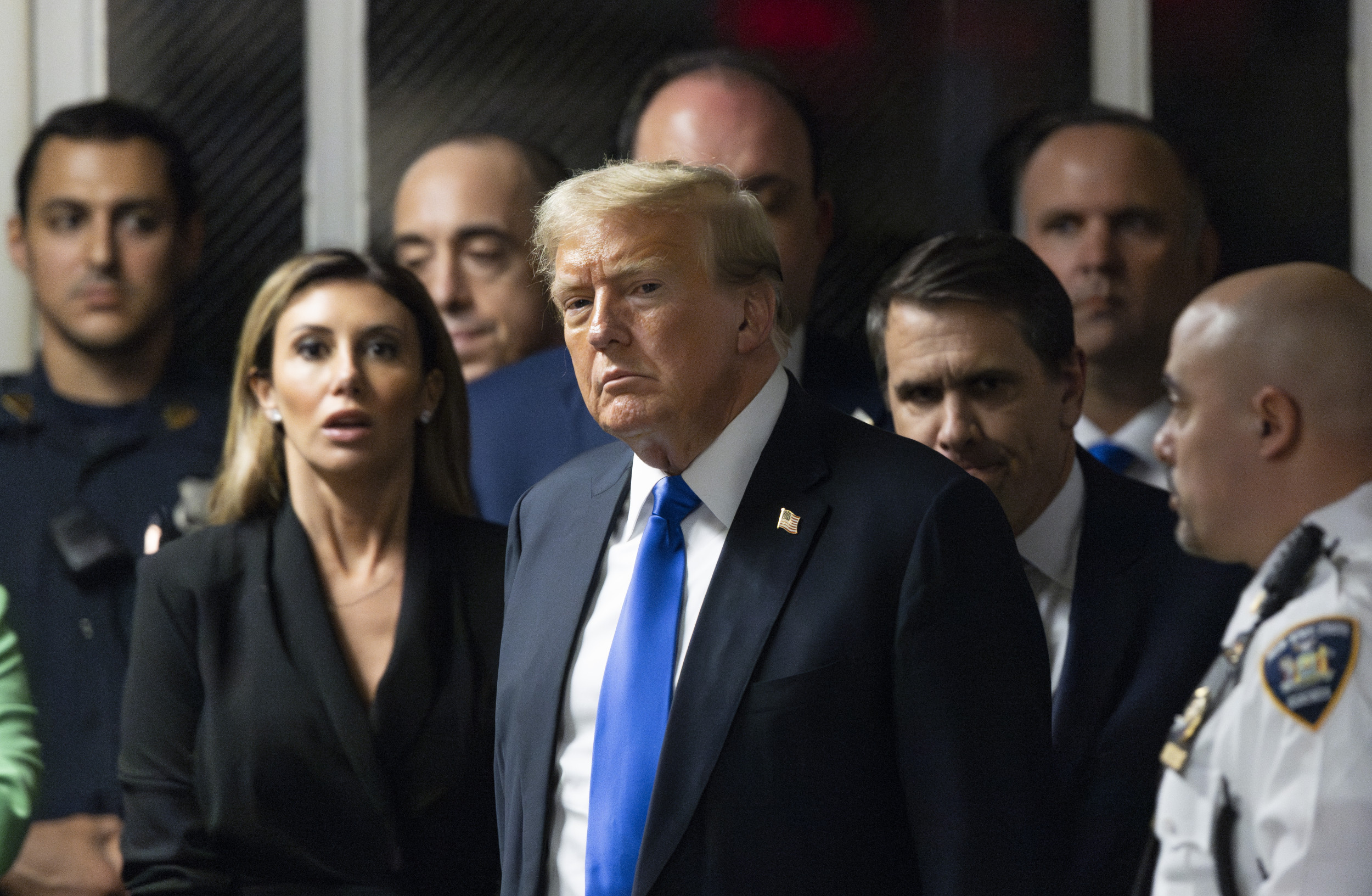
My odyssey began at United Technologies — Otis Elevator Company in the corridors of engineering excellence and global leadership. I imbibed the creed that an accomplished engineer leaves no stone unturned here. It was a philosophy that drove me to ensure absolute control over the technicians I led, ensuring our elevator installations adhered to the loftiest standards and were unfailingly punctual, meeting the expectations of our cherished clientele. This approach was the cornerstone of my success — until it wasn't.
Almost every leader will find themselves in a similar position at some point in their career and the lessons from my own journey can help guide you on your own path to finding a new approach.
For me, upon this realization that my approach no longer worked, I grappled with the profound paradox as my career advanced and I shouldered greater leadership responsibilities. On the one hand, my unwavering commitment to delivering exceptional results for our internal and external stakeholders compelled me to micromanage and harbor an insatiable thirst for control.
On the other hand, my business education underscored the imperative of empowerment and inclusivity in leadership. I realized that the most extraordinary leaders do not merely pursue excellence; they cultivate environments where empowerment and inclusiveness thrive. These leaders understand that retaining top talent and executing decisions with unwavering zeal necessitates engagement, active listening, and an openness to embrace the ideas of others. However, for someone like me, whose essence was steeped in the need for control, embracing this reality was a challenging ascent.
Conquering the overpowering need for total control was a formidable undertaking during my transition to a global business leader. Most control enthusiasts, including myself, hold their standards to the highest degree, often grappling with the challenge of entrusting others to meet those standards. This innate distrust feeds the insatiable appetite for control.
Learning to trust others without dissecting every detail or magnifying every potential flaw felt like stepping into uncharted territory, potentially surrendering to mediocrity. This lesson was learned with its share of trials and tribulations, including instances where my trust was placed in individuals who exceeded my expectations. Control enthusiasts may not fully grasp that their need for control perpetuates a destructive cycle.
When leaders strive to control every facet, they unwittingly sow seeds of resentment among their team members responsible for execution. As team members sense this distrust, they distance themselves, assuming passive observer roles rather than active contributors. Some may even derive perverse satisfaction from watching things unravel and feeling undervalued. This vicious cycle corrodes trust and saps energy, making it impossible for the team to own the desired outcome. Frustration mounts, often leading controlling leaders to become even more rigid, laying blame at the feet of everyone but themselves. In my journey, I encountered numerous leaders oblivious to their shortcomings and how their behavior affected their colleagues.
Breaking free from this destructive cycle requires a humbling acknowledgment: You can't achieve success in isolation, and any controlling tendencies hinder a team's performance and your organization. This revelation can mark a turning point — it did for me. Leaders who shun this realization often find themselves entangled in an inescapable loop of control, forever out of reach of their desired outcomes.
The path to transformation involves striking a delicate equilibrium between controlling details and empowering others. I began by pre-determining which aspects I could entirely delegate to others. Initially, this list was short, and my reluctance to relinquish control was palpable. However, I recognized that trust needed to be nurtured gradually.
With each new task, project, and role, it's important to push yourself to surrender more control than before. As I witnessed the team's capabilities and unwavering commitment to excellence, my comfort with delegation grew. Trust blossomed, and so did the quality of outcomes. This journey imparted a profound lesson: letting go of some control was not a sign of weakness but a strategy for achieving extraordinary results.
My transition from being a control enthusiast to a leader who values empowerment and collaboration was riddled with challenges. It demanded introspection, self-awareness, and a willingness to adapt my leadership approach. Yet, the rewards have been profound.
Today, I understand that effective leadership is not about clutching the reins tightly but about empowering others to unleash their best. It's about constructing a team that takes ownership of the outcome and is fervently committed to attaining excellence. It's about recognizing that trust is the cornerstone of successful leadership.
The bottom line is this: my journey from an engineer to a global business leader has been a transformative odyssey marked by a perpetual tug-of-war between control and empowerment. While the need for control can be deeply rooted, I urge you, dear reader, to ponder the lessons I've shared.
As leaders, we must find the delicate equilibrium between control and empowerment. Realize that trust is the lifeblood of effective leadership, and empowering others does not diminish your role but elevates it. By ceding some control and embracing your team's potential, you will not only attain exceptional results but also cultivate an environment where innovation, growth, and collaboration flourish.
In shedding the need for total control and embracing the power of empowerment, we can transform ourselves as leaders and inspire and empower those around us to reach greater heights of success. The journey may be demanding, but the rewards are boundless.
Uncommon Knowledge
Newsweek is committed to challenging conventional wisdom and finding connections in the search for common ground.
Newsweek is committed to challenging conventional wisdom and finding connections in the search for common ground.





